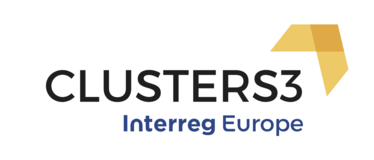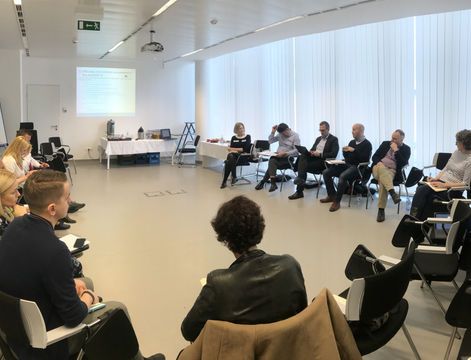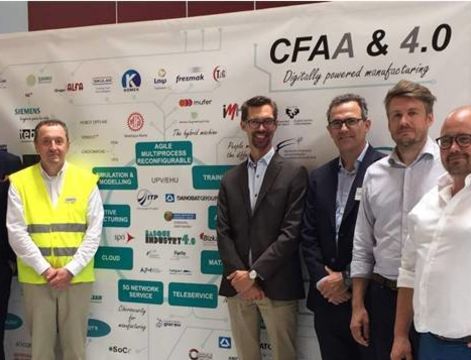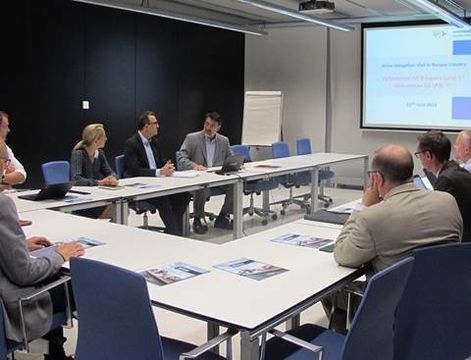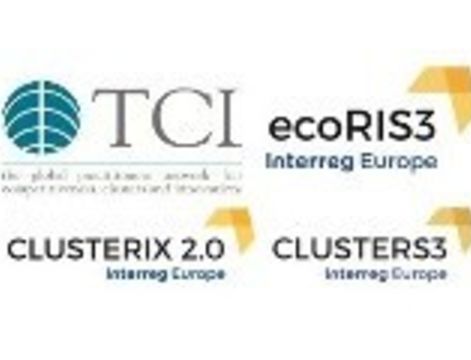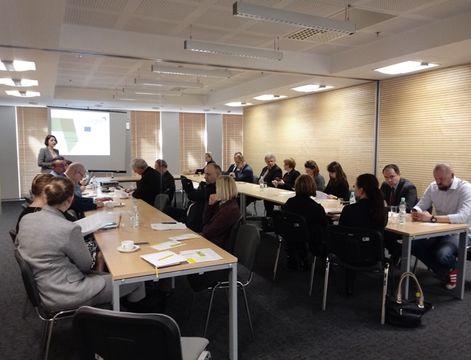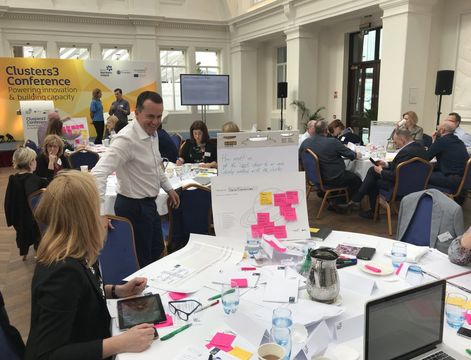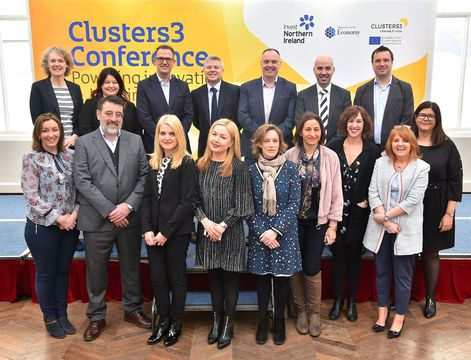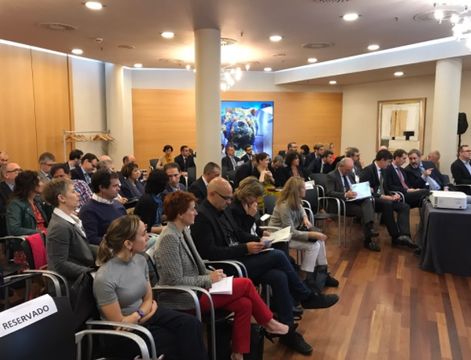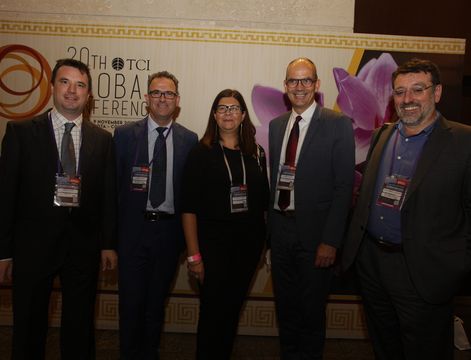At the end of May date 24th and 25th experts from Sweden, Germany and Basque country, came to Latvia to fulfill a peer review exercise on clusters policy development for implementation of RIS3 strategy in Latvia. Peer review exercise were organized by Ministry of Economics which is one of the 9 project partners.
Emily Wise from Lund University in Sweden, Gerd Meier uz Kocker from VDI/VDE Innovation + Technik GmbH in Germany and David Fernandez from SPRI Basque Business Development Agency stayed two days in Latvia to meet the main stakeholders involved in clusters policy.

The aim of the peer review process was to get to known the design of clusters policy and its role in RIS3 implementation in Latvia, find out the gaps and give a recommendations for policies improvements.
At the first day, on 24th May, Peer review exercise were organized within the Conference “Cooperation for cluster excellence, innovation and competitiveness” which was organized with the collaboration of projects Interreg Europe CLUSTERS3 and COSME “5For excellence”. In the first day experts interviewed stakeholders from clusters who are working with green energy, IT, woodworking, cleantech, smart city and other issues as well as stakeholders from universities, research centres asking their views and experience on clusters development in Latvia and linkages with RIS3. The second part of Conference were dedicated to the workshops lead by international experts, aimed to find out the role of different stakeholders involved in clusters (positive, negative aspects etc.); how to empower clusters for effective RIS3 implementation; how should clusters move forward.
At the second day, on 25th May interviews for peer review were held in two parts: with policy makers and with practitioners – clusters and sector associations.
Policy makers were represented by Ministry of Education and Science, Ministry of Economics as well as Ministry of Environmental Protection and Regional Development, clusters – were represented by main cluster managers and association leaders, which have gained ERDF funding through the cluster support program.
The main issues that have been discussed during the interviews: cluster policy & program implementation; cluster lifecycle; dynamic evolution of cluster ecosystem; cluster learning, monitoring and evaluation; relation with other policies and RIS3; cross – cluster collaboration; professional training and capacity building.

In the end of peer review process, expert group will give recommendations for policy improvements. It is expected that these suggestions will contribute to the development of cluster policy as well as support mechanisms in Latvia.
